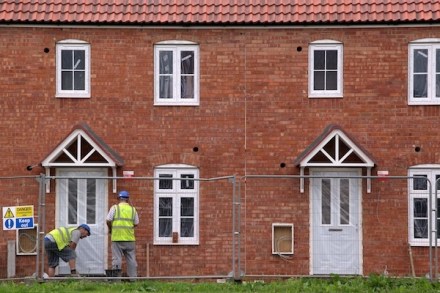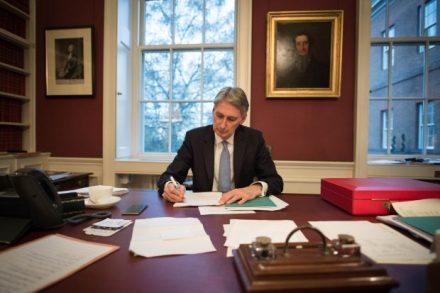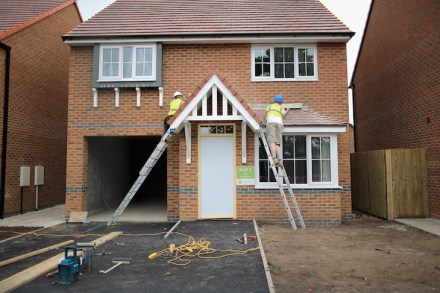How can Britain build more homes?
It is generally agreed that Britain is suffering from a housing crisis, with big cities such as London being particular flashpoints. This year in the capital, the number of renters exceeded the number of homeowners for the first time. In the country, home ownership rates stand at a 30-year-low. And the proportion of 25 to 34-year-olds who are renters has almost doubled in the last 10 years. At the same time, 1.8 million families with children live in rented homes with tenancies shorter than a year. Homelessness is also on the rise and house building has consistently fallen below the government’s target. But what is the policy solution to all


















